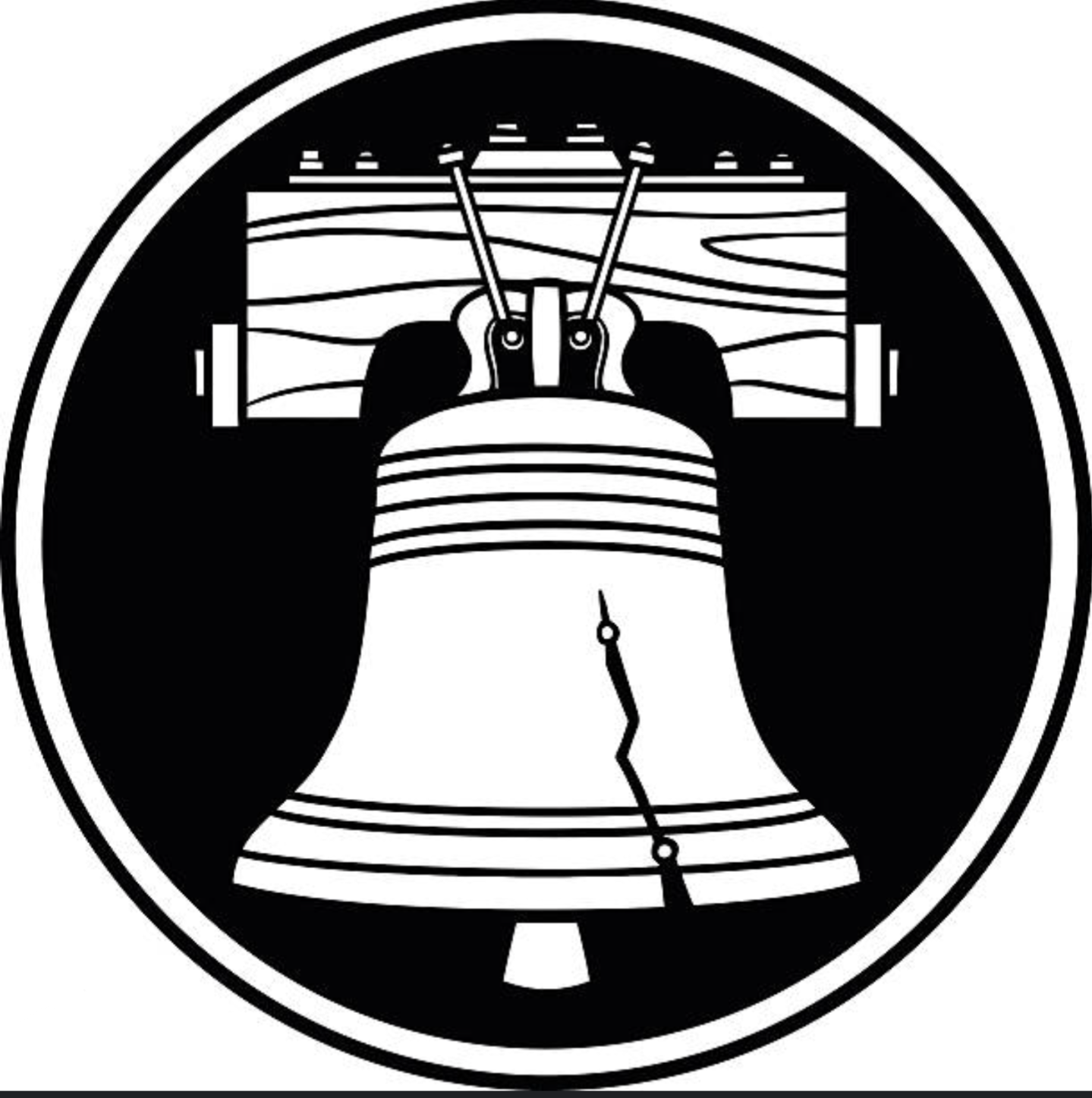Philadelphia City Council voted Thursday to prohibit supervised drug consumption sites across most of the city, greatly imperiling the future of such a facility if the legislation becomes law.
The bill, which passed 13-1 during Council’s first session of the season on Thursday, now heads to the desk of Mayor Jim Kenney, who has for years endorsed supervised drug consumption sites as a strategy to prevent overdose deaths.
It’s unclear if he intends to veto the legislation, and a spokesperson for his administration said this week that he remains supportive of efforts to open a facility in the city.
But it may not matter if he rejects the bill — it passed with a veto-proof majority.
The passage came amid fierce opposition from proponents of supervised drug consumption sites. They say the facilities are a way to prevent drug-related deaths, which reached a high point in 2021 when 1,276 people in the city fatally overdosed. Activists on both sides of the issue flooded Council chambers Thursday before the vote to offer testimony on the bill, including doctors, civic association leaders, people in recovery, and a state senator.
The vote also came as the nonprofit that has for years tried to open a supervised drug consumption site in the city has been embroiled in litigation, and as lawmakers in Harrisburg have advanced legislation to ban the facilities statewide.
Councilmember Quetcy Lozada, whose Kensington-based district is home to one of the nation’s largest open-air drug markets, drafted the legislation. It updates the zoning code to designate supervised drug consumption sites as a prohibited use in nine of the city’s 10 Council districts.
Lozada said during a news conference Thursday that the bill does not permanently ban supervised drug consumption sites, but is intended to guarantee community input in any effort to open one.
An entity trying to open a facility could still seek special permission from the Zoning Board of Adjustment, but they would have to present plans to neighborhood organizations first. The community group would then vote on the proposal, which the zoning board considers alongside the position of the Council person, when making a ruling.
“We are committed to finding real solutions to give those who are suffering from addiction a better quality of life in the Kensington-Harrowgate community,” Lozada said. “That’s what I was elected to do. That is what I will continue to do.”
Four other Council members — all Democrats — stood alongside Lozada Thursday morning to express support for her legislation. Mike Driscoll, who represents parts of Northeast Philadelphia and the Riverwards, said his constituents don’t want a supervised drug consumption site in their neighborhood, “no way, no how.”
The only district not included in the legislation is West Philadelphia’s 3rd District, which stretches from University City to Cobbs Creek. Because Council adheres to a powerful tradition called councilmanic prerogative, each district Council member could opt to include his or her district in the zoning change.
Councilmember Jamie Gauthier, a progressive Democrat, who represents the 3rd District, said in a statement that lawmakers should allow residents “to decide for themselves whether they want life-saving overdose prevention centers in their neighborhoods.”
She did not cast a vote Thursday because she was out of town on a family matter.
At-large Councilmember Kendra Brooks, of the progressive Working Families Party, voted against the bill, saying the opioid crisis is driving “preventable deaths that we are failing to prevent.”
“What we are doing is not working,” she said. “This ban does nothing to address the overdose crisis, and it offers no hope for the countless people who are praying for their loved ones to live long enough to make it to recovery.”



It’s because they want these people to die. Period.